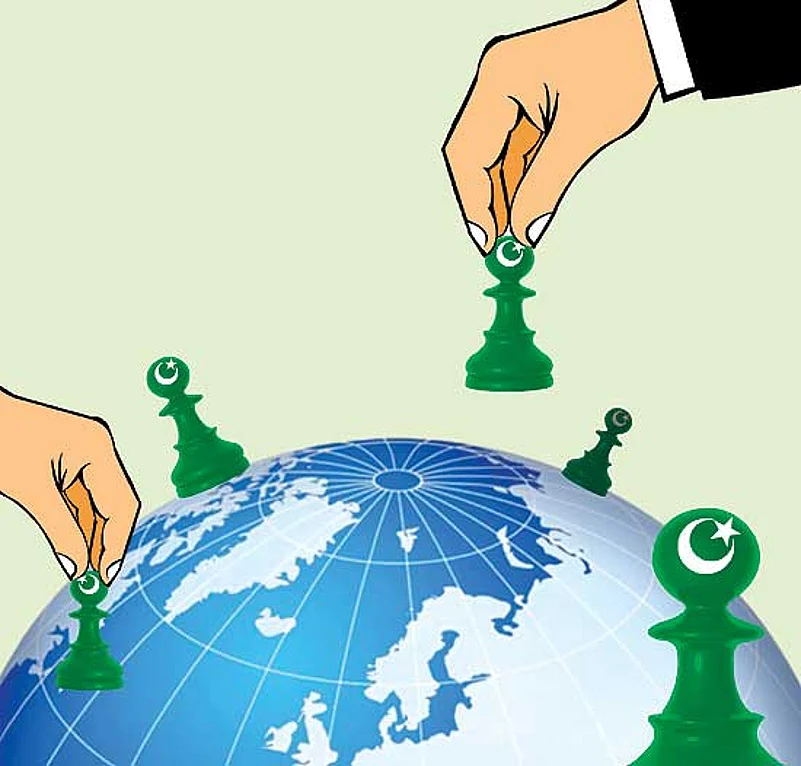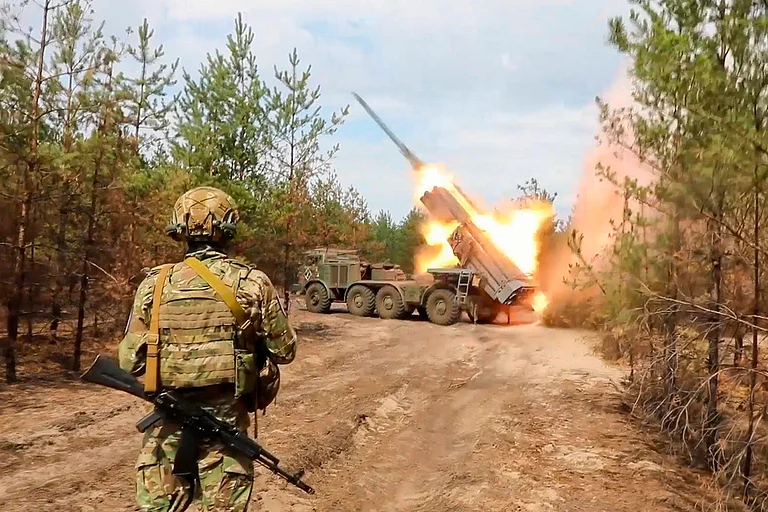The last 100 years have been tortuous for the Muslim world. The 20th century began with Britain and France splitting and grabbing Egypt and Morocco respectively, with the consent of the then US president. Incidentally, both these African states were independent at that time. World War I was more painful. With Turkey having lost, the vast Ottoman empire was carved up, mostly between France and Britain. Once again, the US president consented to the imperial push that finally resulted in the Palestine headache we face today. The Muslim world was traumatised, as one disaster followed another, right to the tragedy of Iraq. Muslim rulers, with rare exceptions, became pawns in the larger chessboard of world politics. The one gift from nature—crude oil—became a curse as Western powers sought to control this precious resource.
This frustration ultimately led to Osama bin Laden, Al Qaeda and the Taliban. The Muslim world could have chosen another path, that taken by the India of Gandhi and Tagore. Sadly, there was no such towering figure among Muslims. The closest was Mohammed Ali Jinnah, who tragically lost himself in a power chase and ended up complicating the situation by creating a theological state that passed into the hands of mullahs, the army and Americans within years of his death. The only other big leader, Kemal Ataturk, refused to take on the role of Muslim leadership.
The problem was worsened by the absence of education, in particular, science education. The only science Nobel laureate from their fold, Abdus Salam, was an Ahmadi, and thus declared a non-Muslim. As leadership passed into the hands of the ulema, the focus shifted more drastically away from modernity. The ulema also brought their frightening theological infighting to the forefront of the Muslim world.
This was seen most frighteningly in the killing of about 100 Ahmadis in a Lahore mosque last month. Ahmadis are followers of Gulam Ahmed Mirza of Qadian, a religious reformer of the 19th century. He believed in Prophet Mohammed, but denied that He was the last prophet. All Muslims, including this author, believe that Mohammed was the last prophet. That belief is crucial to the purity of Islam. Yet, Ahmadis stood by their faith, and in a sense broke off from the larger Muslim world. It is to their credit that most Ahmadis are highly educated, non-violent and prosperous. Sadly, they have also been the target of religious persecution. The last attack in Lahore was not condemned by any religious party, either in Pakistan or India. I consider this a low point in the modern history of Muslims. I can only quote the Quran (42,15):
Allah is our Lord and your Lord,
Unto us is the responsibility of our deeds,
Unto you is the responsibility of your deeds;
There is no argument between us and you,
Allah will bring us together.
Unto Him is the journeying.
Religious leaders must understand that there are sizable non-Muslim populations living in Muslim countries. They too have human rights, just as Muslims living in non-Muslim countries have human rights. It is just and fair to speak out about the atrocities against the people of Gaza. But they must also speak out against the killings of Ahmadis. Their silence, even approval, destroys their credibility. The net loss will be of minorities everywhere. The pain and trauma suffered by innocents is stark and ugly, if they happen to be on the wrong side of a religious, caste, colour or language divide. This was understood by Prophet Mohammed when he pardoned all those who spent years trying to kill him. Similarly, Gandhiji foresaw the horrible after-effects partition would have. No wonder he spent Independence Day, 1947, fasting to bring about peace in Calcutta, and later, in his late seventies, walked barefoot through the killing fields of Noakhali and Bihar.
Muslim ulema must rise above their narrow parochial approach to life and religion. If it is okay to kill an Ahmadi today, tomorrow it will be okay to kill a Shia in Pakistan or a Sunni in Iran. Where will it all end? After all Allah calls Himself thus: “Rabbul Aalameen, the Lord of the Universe.” He is not Rabbul Muslimeen, Lord of Muslims alone.
Finally, Muslims must lower their obsession with the past. We can be good Muslims without going into a frenzy about who should have succeeded to the Khilafat after the Prophet. Karbala was a tragedy that has sheared the Muslim world for the last 1,300 years. Can’t we come out of this trauma and view Karbala as the heroic act of Prophet Mohammed’s grandson in not bowing before an underserved ruler. He could have easily submitted, and protected himself and his family. Yet, he refused on a moral point.

























